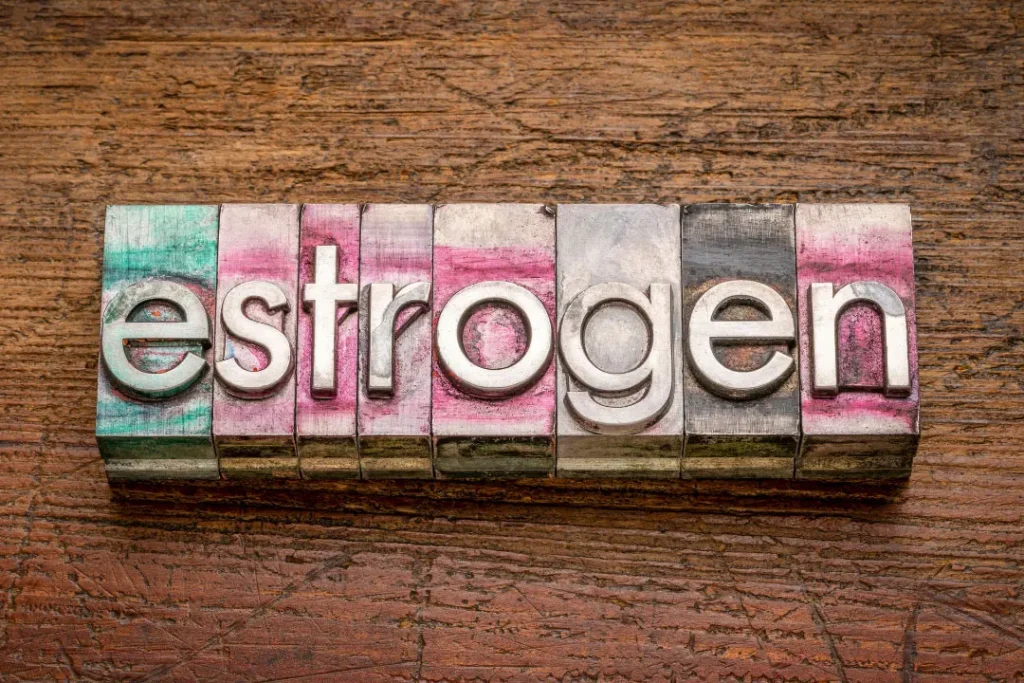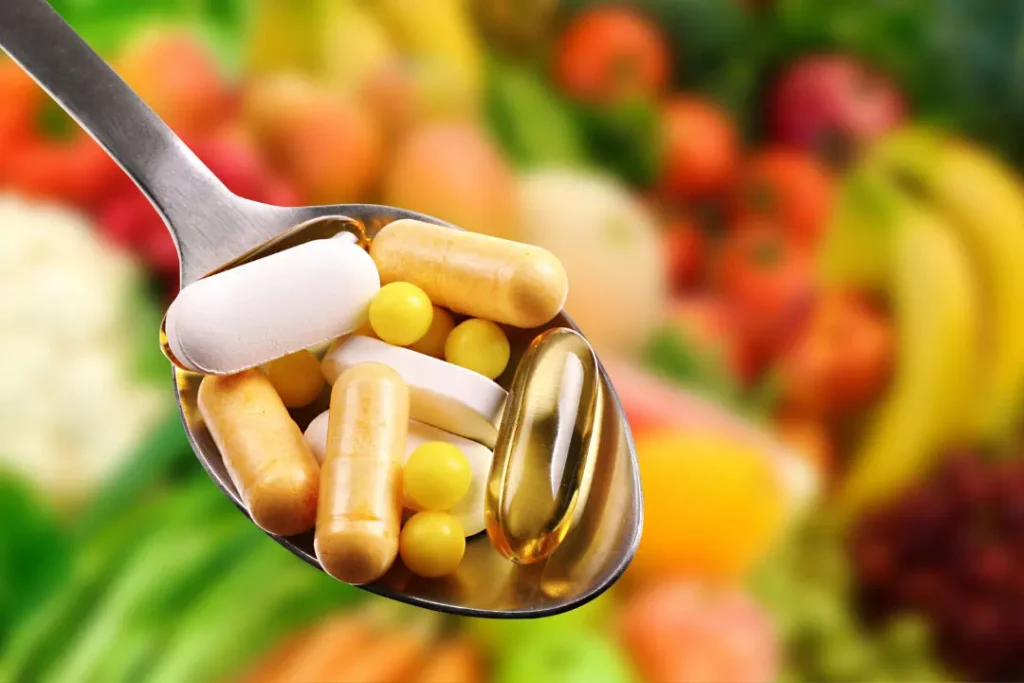Resveratrol is a naturally occurring polyphenol chemical that is present in many plants, including grapes, berries, and peanuts. Resveratrol has many possible health advantages, including its anti-inflammatory, antioxidant, and neuroprotective properties. Resveratrol is increasingly well-liked among students, athletes, and professionals looking to improve their cognitive abilities as a nootropic pill.
You May Also Like:
7 Super Smart Supplements To Boost Your Memory And Recall
Brain Pill Reviews: Leading Edge Health vs. MyPEAK Supplements
Nature of Resveratrol
The molecular structure of the stilbenoid substance resveratrol consists of two phenolic rings connected by a double bond. The structure of resveratrol is similar to that of estrogen. Depending on how the double bond is oriented, resveratrol exists in two primary forms: trans-resveratrol and cis-resveratrol. The most biologically active form of resveratrol is trans-resveratrol, which predominates in both nature and dietary supplements. Due to its quick metabolism in the stomach and liver, resveratrol is considered to have low bioavailability and is poorly soluble in water.
To improve the potency, stability, and bioavailability of resveratrol, it is extracted, stabilized, and standardized using a variety of techniques, including fermentation, extraction, and purification. Resveratrol works by modulating a number of enzymes, receptors, and signaling pathways that control cellular metabolism, inflammatory response, and oxidative stress.

Health Benefits of Resveratrol
Several possible health advantages of resveratrol have been demonstrated, including:
1. Anti-inflammatory Effects: Resveratrol has been found to reduce the production of pro-inflammatory cytokines like tumor necrosis factor-alpha (TNF-alpha), interleukin-6 (IL-6), and cyclooxygenase-2 (COX-2). These cytokines are linked to many chronic diseases like diabetes, cancer, cardiovascular disease, and arthritis.
2. Antioxidant Effects: Resveratrol has been demonstrated to scavenge free radicals and boost the activity of antioxidant enzymes including superoxide dismutase (SOD) and catalase (CAT), which shield cells from oxidative stress and damage.
3. Neuroprotective Properties: Resveratrol has been demonstrated to protect neurons from oxidative stress, inflammation, and neurodegeneration, which are linked to aging, Alzheimer’s disease, and other cognitive deficits.
4. Cardiovascular Effects: By increasing nitric oxide (NO) production, suppressing platelet aggregation, and lowering oxidative stress, resveratrol has been found to improve endothelial function, lower blood pressure, and minimize the risk of cardiovascular disease.
5. Anti-cancer Properties: Resveratrol has been found to suppress the growth and multiplication of cancer cells by causing cell cycle arrest, apoptosis, and autophagy as well as by modifying a number of signaling pathways, including PI3K/Akt and MAPK.

Chemistry and Physiological Mechanism of Action of Resveratrol
Two phenolic rings connected by a double bond make up the chemical structure of resveratrol. This enables it to interact with numerous enzymes, receptors, and signaling pathways in the body and brain, producing a range of pharmacological effects.
The activation of sirtuin proteins, especially SIRT1, which controls cellular metabolism, inflammation, and oxidative stress, is the main mode of action of resveratrol. The downstream effects of resveratrol-induced SIRT1 activation include:
1. Enhanced Mitochondrial Biogenesis: From the downstream effects of SIRT activation, resveratrol stimulates genes that support the development and operation of mitochondria, the organelles that produce energy. This can improve cellular energy generation and metabolism, which is crucial for mental clarity and general well-being.
2. Strengthened Antioxidant Defense: Resveratrol turns on genes that encourage the synthesis of antioxidant enzymes like SOD and CAT, which can shield cells from oxidative stress and harm. This can lessen inflammation and stop the aging and degradation of cells.
3. Increased Insulin Sensitivity: Resveratrol stimulates genes that make cells more responsive to insulin, which is crucial for absorbing and using glucose. This can lower the risk of metabolic diseases including insulin resistance, diabetes, and others that can harm your health and cognitive function.
4. Modulation of Signaling Pathways: Resveratrol has the ability to alter a number of signaling pathways, including phosphatidylinositol 3 kinase-protein kinase B (PI3K/Akt), AMP-activated protein kinase (AMPK), and mammalian target of rapamycin (mTOR), which control cellular proliferation, growth, and survival.

Optimal Dosage of Resveratrol
The best amount of resveratrol to take depends on the intended application, the environment in which it will be used, as well as the user’s tolerance and sensitivity. Although resveratrol is often safe and well tolerated, greater doses could result in gastrointestinal discomfort such as nausea, diarrhea, and abdominal pain. The appropriate dose of resveratrol is 250–500 mg per day. Resveratrol is often taken with meals or supplements to increase its absorption and bioavailability.
The maximum daily intake of resveratrol is 1000 mg and going over this amount unsupervised is not advised. As a result, it is recommended to speak with a medical practitioner before beginning any resveratrol dosage routine.
Side Effects of Resveratrol
There have been few known negative effects of resveratrol, and hence resveratrol is usually regarded as safe and well-tolerated. However, some people may encounter mild to moderate gastrointestinal discomfort, including nausea, diarrhea, and stomach pain, particularly at higher doses or when combined with additional vitamins or medications that influence gut motility or absorption. Occasionally, some people may be allergic to resveratrol or other polyphenols and they will result in developing a rash, itching, or swelling on their skin. It is advised to stop using resveratrol and get medical help if there are any negative side effects.

Potential Substance Interactions with Resveratrol
Some medications or dietary supplements that are processed or transported via the liver or gut may interact with resveratrol, including:
1. Substrates for the cytochrome P450 (CYP450) Enzymes: Warfarin, phenytoin, diazepam, and theophylline are just a few examples of the drugs that CYP450 enzymes metabolize. Resveratrol may inhibit the activity of these enzymes, increasing the plasma concentration and duration of effectiveness of these drugs as well as their potential toxicity. It is advised to keep an eye on the dosage and blood levels of these medications when combined with resveratrol.
2. Substrates for UDP-glucuronosyltransferases (UGTs): Resveratrol may block the activity of UGTs. UGTs can cause several medicines and toxins to conjugate for elimination. This includes compounds like acetaminophen, bilirubin, and morphine, which will lead to negative consequences.
3. Nutrients and Supplements: Resveratrol may speed up the digestion and absorption of a variety of nutrients and supplements, including quercetin, vitamin C, and vitamin E. This could result in longer plasma concentrations of these substances and possible positive or synergistic effects. However, it is still advised to keep an eye on the dosage and possible combinations of these substances when combined with resveratrol, particularly if you have any pre-existing illnesses or prescriptions.
Best Responsible Use of Resveratrol
Taking resveratrol at the appropriate dosage and being careful when combining it with other supplements or drugs is the best way to utilize it responsibly. Also, make sure you get your resveratrol from a reliable and trustworthy source like myPEAK Wellness from myPEAK Supplements. This formulation combines resveratrol with additional nootropic and adaptogenic supplements like Bacopa monnieri, Rhodiola rosea, and Ashwagandha for maximum efficacy. The goal of this formulation targets supporting strength, immunity, and improved concentration, memory, and tolerance to stress.
To get the most out of resveratrol, it’s best to follow the manufacturer’s dose directions and get medical advice beforehand. Also, a healthy lifestyle, including a balanced diet, frequent exercise, and sufficient sleep, is recommended for optimal cognitive performance and general health.

Resveratrol:
Conclusion
Resveratrol is well-known for its anti-inflammatory, antioxidant, and neuroprotective properties. From the aspects of anti-inflammation, resveratrol is a useful substance that significantly reduces the production of pro-inflammatory cytokines. Resveratrol also scavenges free radicals and boosts the activity of antioxidant enzymes such as superoxide dismutase. From these properties, resveratrol may help in improving cognitive ability. The optimum dosage for resveratrol can only be determined after proper calculation by a dietician or any medical professional. It is also pivotal that you choose a good product that contains quality resveratrol. One such product is MyPEAK Wellness by MyPEAK Supplements.
Important Note: The information contained in this article is for general informational purposes only, and should not be construed as health or medical advice, nor is it intended to diagnose, prevent, treat, or cure any disease or health condition. Before embarking on any diet, fitness regimen, or program of nutritional supplementation, it is advisable to consult your healthcare professional in order to determine its safety and probable efficacy in terms of your individual state of health.
Regarding Nutritional Supplements Or Other Non-Prescription Health Products: If any nutritional supplements or other non-prescription health products are mentioned in the foregoing article, any claims or statements made about them have not been evaluated by the U.S. Food and Drug Administration, and such nutritional supplements or other health products are not intended to diagnose, treat, cure, or prevent any disease.


